
Seven years ago the principal of a small primary school warned of children impacted by the emerging housing crisis; now Jan Tinetti is in government and again calling on politicians to step up together to address the problem.
Jan Tinetti remembers fighting in the corner of one family from Tauranga's decile 1 Merivale School. The mum and six children went through about four different houses, until they ended up living in a garage. Whenever they got housing, it was always insecure.
As principal, she had seen how kids struggled. Angry, sometimes tearful, she had spoken out publicly about the plight of families in her community.
Now, that family has a community rental, courtesy of the local Accessible Properties housing trust. "Funnily enough it's backing onto the school," Tinetti says. "She's been in that house now for about two years. She came to me when I became an MP and we've been able to help her get into their housing.
"To see the change in her, she has a sense of confidence and feels strong. Her head's held high. Even though she'd had other struggles in her life, it just shows you how important it is for people to have a place of belonging. She's who I keep in mind every single day when I'm working with this challenge."
CoreLogic today reports sharply worsening home affordability in New Zealand cities that are already among the world's most expensive.
On the average household income, it now takes a record 11.7 years to save a deposit.
Servicing a typical mortgage will then suck up nearly half of that income – which means the cost of mortgage repayments are on track this year to overtake the record set in the 2007/08, the days of soaring interest rates.
Rising cost of mortgage servicing (% of income) over 2021
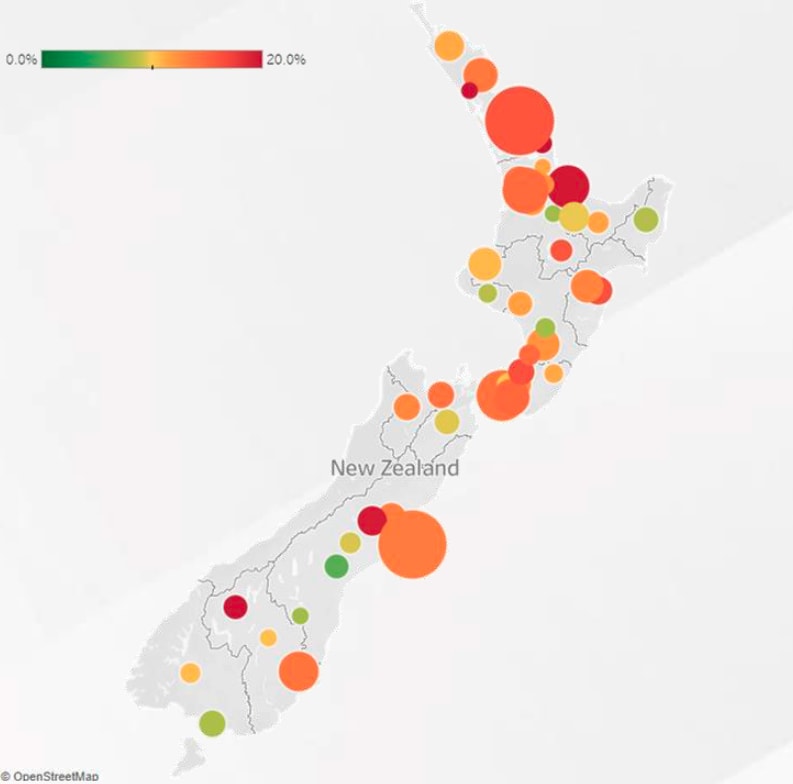
Rental costs have also worsened and now consume 22 percent of gross average household income, another record high – and that's a conservative estimate. Because most renting households earn much less than the national average, their housing affordability position will actually be worse.
And while there have been success stories like that mum of six, Tinetti says there are many more families coming through her door who still struggle to find homes. Ahead of this year's local body elections, she says it's critical that councils step up to be part of the solution.
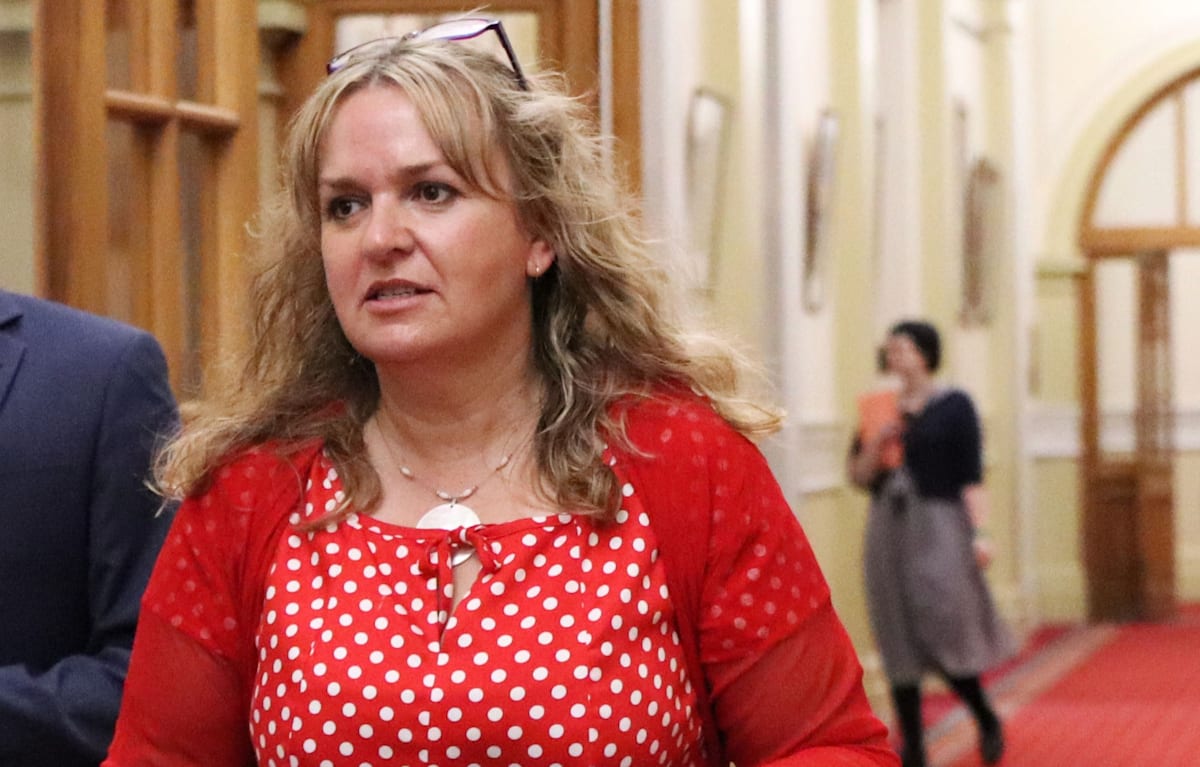
"To get that progress that we desperately need, the council needs to be on board with us. And it needs to be an authentic 'on board', not just turning up for meetings, but really coming to the party to look at how we can free up land for higher density housing."
She's not alone in arguing that the housing crisis will be an election issue at local level in 2022, as well as in the 2023 general election.
"I do get concerned," she says. "That's why I'm advocating at all levels to ensure our families aren't forgotten about."
Getting on the housing ladder
Michael O'Neill has been watching with pride and sometimes dismay as his three children grow up and fight their way onto the housing ladder. Two have made it, one is still struggling.
The Tauranga Ratepayers' Alliance community leader says councils need to free up the supply of land for development, though he acknowledges that central government and developers must also take much of the responsibility for those delays.
"The issue that we're having is the approval of of land suitable for subdivision. That's a local body issue," he says.
"It's a concern, certainly for the first time buyers. My own kids, one of them's just in the process of building a house locally out at Bethlehem, one of them's really struggling. It's not easy for this generation – and in particular, here."
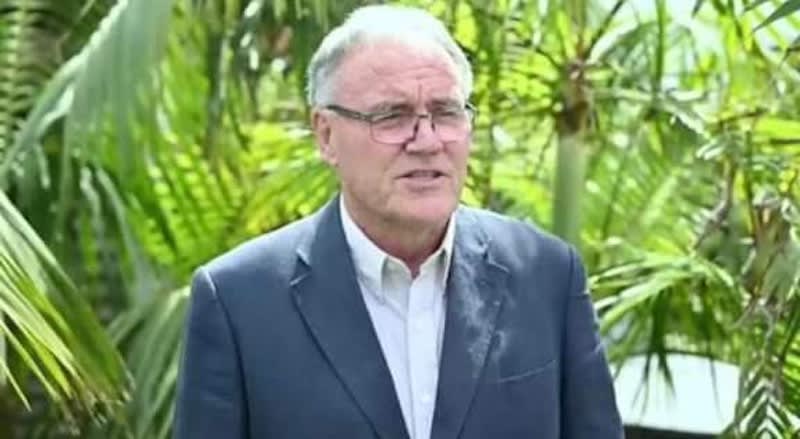
Their family is from Tauranga, which CoreLogic today reports to be the least affordable city in which to buy or rent a home. And that's a grim claim to fame, given that New Zealand's northern cities are some of the least affordable in the world.
O'Neill says the crisis will ease as the baby boomers start to pass on, freeing up some housing. But it's critical that the people of Tauranga are able to elect councillors who can be held to account.
"There are already people refusing to pay the rates until democracy's returned," O'Neill says. "And I'd hate to think what the escalation of that might be if the minister decided not to return the elections."
"A previous mayor said housing has nothing to do with local government. I disagree. It is. And I suspect it will be an issue in the coming election." – Jim Boult, Queenstown mayor
(Tauranga has a four-member commission acting in place of the council’s elected members, after Mayor Tenby Powell quit and the council fell into disarray. Local Government Minister Nanaia Mahuta's office says a decision on whether Tauranga will hold an election this year will be announced next month).
The average house in Tauranga costs nearly 12 times more than the average household income. That's on a par with the holiday resort of Queenstown, and even worse than Auckland where a house costs 10 times more than locals earn.
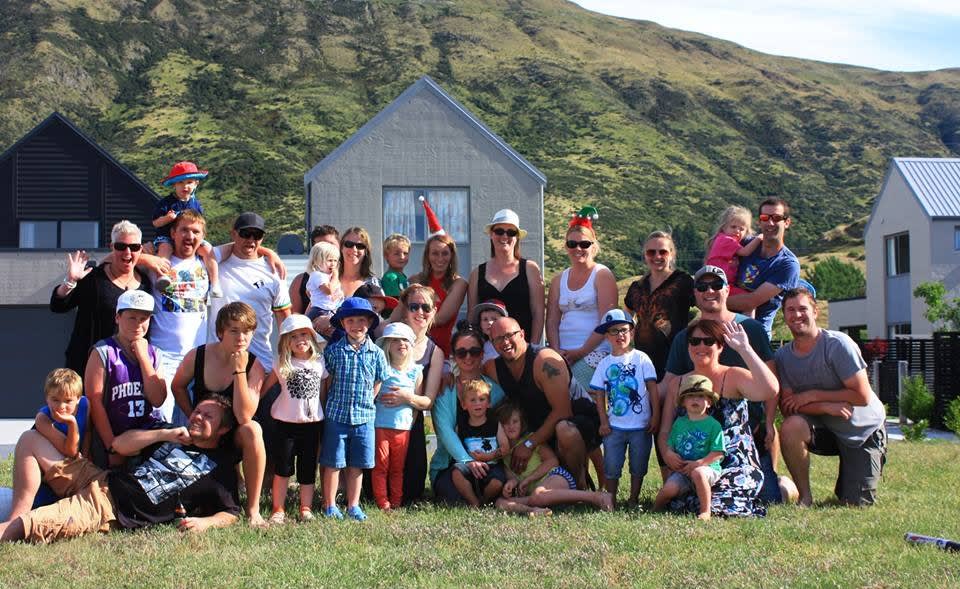
Outside the big cities, one of the least affordable places to buy a house is Queenstown Lakes District, though its rental market has eased.
Mayor Jim Boult says the availability and pricing of housing sits with central government. "However, in terms of things that concern our population, it's right up here. And so, by default, it is an issue for local government, and we cannot ignore it," he tells Newsroom.
"When I first stood for election in 2016, I talked about the housing problem. A previous mayor said housing has nothing to do with local government. I disagree. It is. And I suspect it will be an issue in the coming election.
"We did think that with Covid and the slowdown of the economy here that house prices might fall. Turns out that we've become even more attractive to live in, for those who aren't reliant on the tourism industry. Our view is our population is still growing at 5 to 6 percent per annum."
However, many younger tourism and hospitality workers have left over the past two years, which has eased pressure on the rental market a little.
The council has spearheaded the creation of the Queenstown Lakes Affordable Housing Trust, which had helped people in to rentals, own-your-own homes and "secure homes" owned by the family, on land leased in perpetuity from the housing trust.
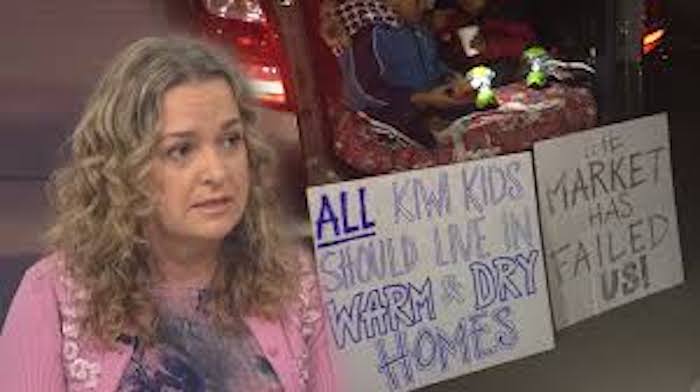
They have built about 40 secure homes, and will deliver 60 or 70 more in Arrowtown and Wanaka – but there's a waiting list of about 700 families. "They are not cheap houses, they are well-built, they're insulated, they're beautiful little houses.
"You might say, Gee, why would you buy that because you won't get the same level of capital appreciation. That's not what people are looking for. They're looking for a place to live. So they're not subject to the landlord putting up the rent on a regular basis, or deciding they want to sell the house and booting them out."
Back in Tauranga, MP Jan Tinetti says she knows of quite a number of families who have now secured living situations, but that's not across the board.
"I know that there's a lot more work to do," she says.







